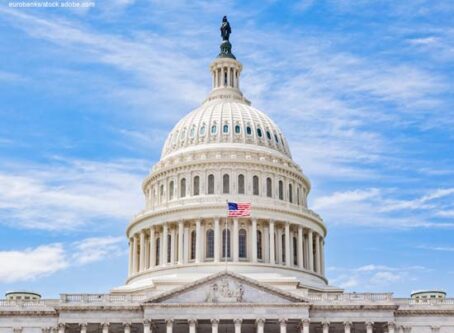Retired Gen. Lyons to join supply chain task force
The White House and the U.S. Department of Transportation announced on Friday, May 27, that retired Gen. Stephen R. Lyons will serve as envoy for the Supply Chain Disruptions Task Force.
Lyons, former commander of the U.S. Transportation Command, will take over the task force’s role of envoy from John D. Porcari. Lyons will work with the Department of Transportation, the White House National Economic Council, ports, rail, trucking and other private companies across the nation’s supply logistics system to address bottlenecks, speed up the movement of goods and help lower costs for American families.
“Envoy John Porcari has done a tremendous job addressing challenges at every stage of the supply chain, and goods have moved more quickly and affordably because of his actions,” Transportation Secretary Pete Buttigieg said in a news release. “Global supply chains will remain fragile as long as the pandemic continues to disrupt ports and factories around the world, and a lot of work remains to reduce shipping delays and costs for American families.
“We are grateful that Gen. Lyons, formerly commander of the U.S. Transportation Command, will now take on the role of ports and supply chain envoy, working across every level of government, labor, and industry to strengthen America’s supply chains.”
Task force efforts
The administration’s Supply Chain Disruptions Task Force has worked with ports to propose a container dwell fee to reduce congestion. The task force also launched a Trucking Action Plan to recruit and retain more drivers, funded pop-up container yards to get goods from ships to shelves faster while supporting agricultural exporters and moved logistics system operators toward 24/7 operations.
“The Biden-Harris administration has made tremendous progress on addressing the supply chain disruptions we’ve seen as we recover from the pandemic,” Lyons said in a news release. “I look forward to rolling up my sleeves and continuing to engage industry, labor, and port stakeholders to improve the fluidity of our supply chains, cut down on shipping costs, and ultimately save money for the American people.” LL









